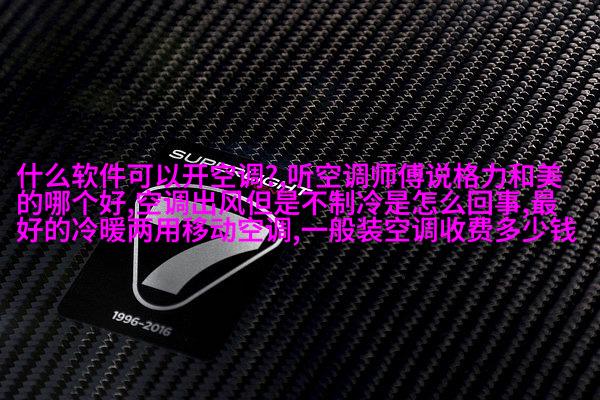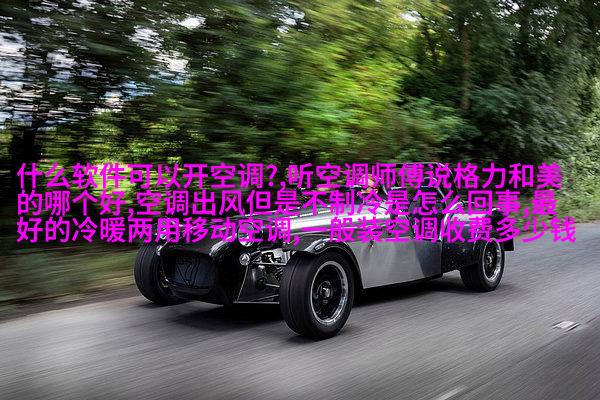风冷、水冷与热泵:空调世界的三大主角

在炎热的夏日,空调成为我们避暑解渴的不二之选。然而,你是否知道,在这个追求舒适生活的过程中,空调被分为多种类型,每一种都有其独特之处和应用场景?今天,我们就来探索一下“风冷、水冷与热泵”这三个主要类型的空调,并通过真实案例加以说明。
风冷式空调

风冷式空调是最常见的一种,它使用压缩机将室内外温度差转化为机械能,然后通过散热器将这种机械能释放到室外环境中,从而实现制冷或制热作用。这种方式简单直接,对于家庭居住和商业用途来说非常合适。
例如,北京市的一家五星级酒店采用了风冷式中央空調系统,以确保客房始终保持凉爽宜人的温度。此外,许多住宅区也会选择安装风冷式单元机,因为它们成本较低且维护相对容易。

水冷式空调
水cold-style air conditioning systems, also known as water-source heat pumps (WSHPs), use water as the heat transfer medium instead of air. This type of system is highly efficient and environmentally friendly, making it a popular choice for commercial and industrial applications.

Take the example of a large office building in Tokyo. The company installed a water-cooled chiller system to provide cooling for its employees during hot summer days. By utilizing the city's underground water source, this system not only reduced energy consumption but also minimized noise pollution.
热泵式空调

Heat pump systems are another category of air conditioners that work by transferring heat from one location to another rather than generating cold through compression. They can be used for both heating and cooling purposes, making them an ideal choice for regions with mild climates or those looking to reduce their carbon footprint.
For instance, a residential area in Denmark has adopted ground-source heat pumps (GSHPs) as their primary heating and cooling solution. By leveraging the natural temperature gradient between the earth's surface and deeper layers, these systems have significantly reduced greenhouse gas emissions while providing consistent indoor comfort throughout the year.
In conclusion, wind-cooling (wind cooled), water-cooling (water cooled), and heat pump technologies each offer unique advantages in different scenarios when it comes to categorizing types of air conditioners based on their functionality. Understanding these distinctions allows us to make informed decisions about which type best suits our needs – whether at home or at work – so we can enjoy optimal comfort without compromising on sustainability or efficiency.
文章正文结束



